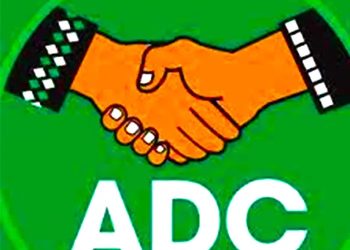Heavy clashes erupted on Wednesday in the western Libyan city of Zawiya, between rival factions affiliated with the Government of National Unity (GNU).
According to the Libyan News Agency (LANA), the fighting broke out between the GNU Interior Ministry’s Security Threats Apparatus and a local armed group known as Al-Kaboutat, which is linked to the Defence Ministry.
The clashes were triggered by the apparatus’s arrest of several members of Al-Kaboutat.
Local media said the fighting killed a member of the Petroleum Facilities Guard when a mortar shell struck near him. No further information on casualties has been released.
Sources said the clashes quickly spread into residential neighborhoods and around the city’s oil refinery. Videos circulating on social media showed the use of medium and heavy weapons.
Heavy military reinforcements were also deployed on main roads, including the coastal highway, which was blocked with sand barriers.
No official statements have been issued by the government or security bodies on efforts to contain the violence, while residents voiced concern over the fighting’s proximity to schools and vital facilities.
In a statement carried by LANA, the Zawiya Oil Refining Company expressed “deep concern” over the dangers posed by the clashes near its facilities, warning of “serious threats to lives and vital infrastructure.”
The company called for an immediate ceasefire and urged authorities to secure the complex, stressing that any attack on the refinery “would directly undermine the resources of the Libyan people and their national wealth.”
Meanwhile, the Zawiya Education Directorate announced the suspension of classes in all city schools to protect students and staff. Local authorities also urged residents to stay indoors and venture out only if absolutely necessary.
The violence came amid rising armed confrontations among factions and militias in western Libya. Over the past week, clashes were reported in Janzour, 12 km west of Tripoli, and in the city of Sorman.
Observers said the latest escalation underscores the ongoing political and security crisis in Libya, driven by the lack of a final resolution to the conflict between rival governments.
Libya has remained divided since the 2011 NATO-backed uprising that toppled longtime leader, Muammar Gaddafi.
The country is split between rival administrations: the GNU in Tripoli and an eastern-based government backed by the Libyan National Army under commander Khalifa Haftar.



























